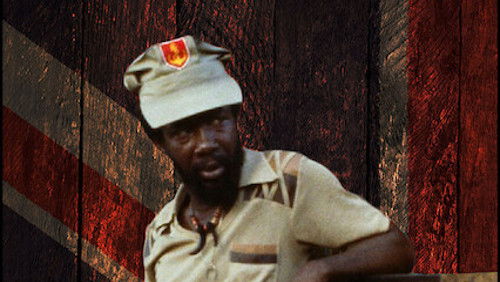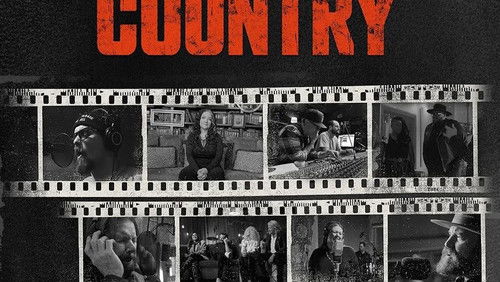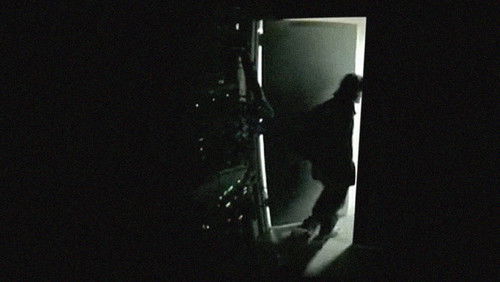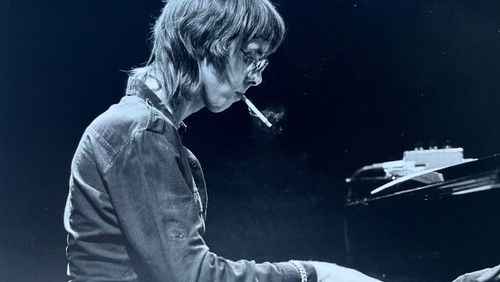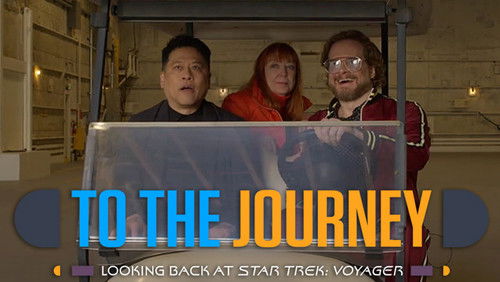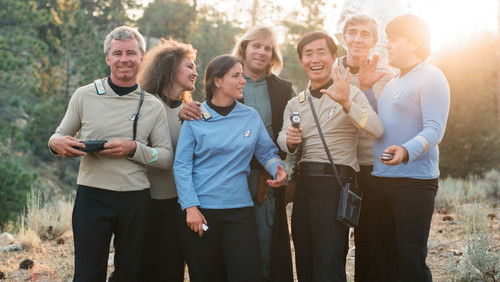A Diary for Timothy (Short 1945)
27KA Diary for Timothy: Directed by Humphrey Jennings. With Michael Redgrave, Myra Hess, John Gielgud, Frederick Allen. This brief documentary-style film presents the status of Great Britain near the end of the Second World War by means of a visual diary for a baby boy born in September, 1944. Narration explains to “Timothy” what his family, his neighbors, and his fellow citizens are going through as the war nears its end, and what problems may remain for new Englishmen like Timothy to solve.
“A fascinating idea from Humphrey Jennings, to take a baby boy as representative of a nation soon to face massive decisions, is scuppered by the misguided choice of E.M. Forster as author of the narration.u003cbr/u003eu003cbr/u003eYoung Timothy proved to be incapable of holding the interest throughout a fairly long film, so other representatives were drafted in: a miner, a farmer, a train driver and a fighter pilot, to create an overwhelmingly masculine vision.u003cbr/u003eu003cbr/u003eBut not heroic. Forsteru0026#39;s prose might have made a brilliant essay, but his Bloomsbury condescension and contempt for his fellow Britons, particularly the bourgeoisie and the working class, seems glaring in the democratic medium of film. He seems to regret that these very Britons being celebrated were on the verge of winning the war – consistent with his pessimistic statement in u0026#39;Two Cheers for Democracyu0026#39; that u0026quot;if fascism wins we are done for, and that we must become fascist to win.u0026quot;u003cbr/u003eu003cbr/u003eThe spectacularly downbeat section where the terrible defeat at Arnhem is juxtaposed with Myra Hess playing Beethovenu0026#39;s Appassionata sums up Forsteru0026#39;s attitude. His internationalism may seem far-sighted and principled from a distance, but was this a message that needed to be drummed so unsubtly into his audience (many of whom would have been bereaved in battles such as this) at this particular time? u0026quot;If I had to choose between betraying my country and betraying my friend, I hope I should have the guts to betray my countryu0026quot;, as he famously remarked in u0026#39;Two Cheersu0026#39;. Well, if I was faced with such a difficult choice, I hope I would be less dogmatic about it than E.M.u003cbr/u003eu003cbr/u003eThe narration, contrary to the opinion of most of the other reviews, is terribly ill-judged. Declaimed in a gloomy monotone by Michael Redgrave, the viewer is left with the impression of moral equivalence between the allies and the Nazis. The hope represented by Timothy, that the form of the film forces Forster however reluctantly, to concede, is a slender thing indeed.”
